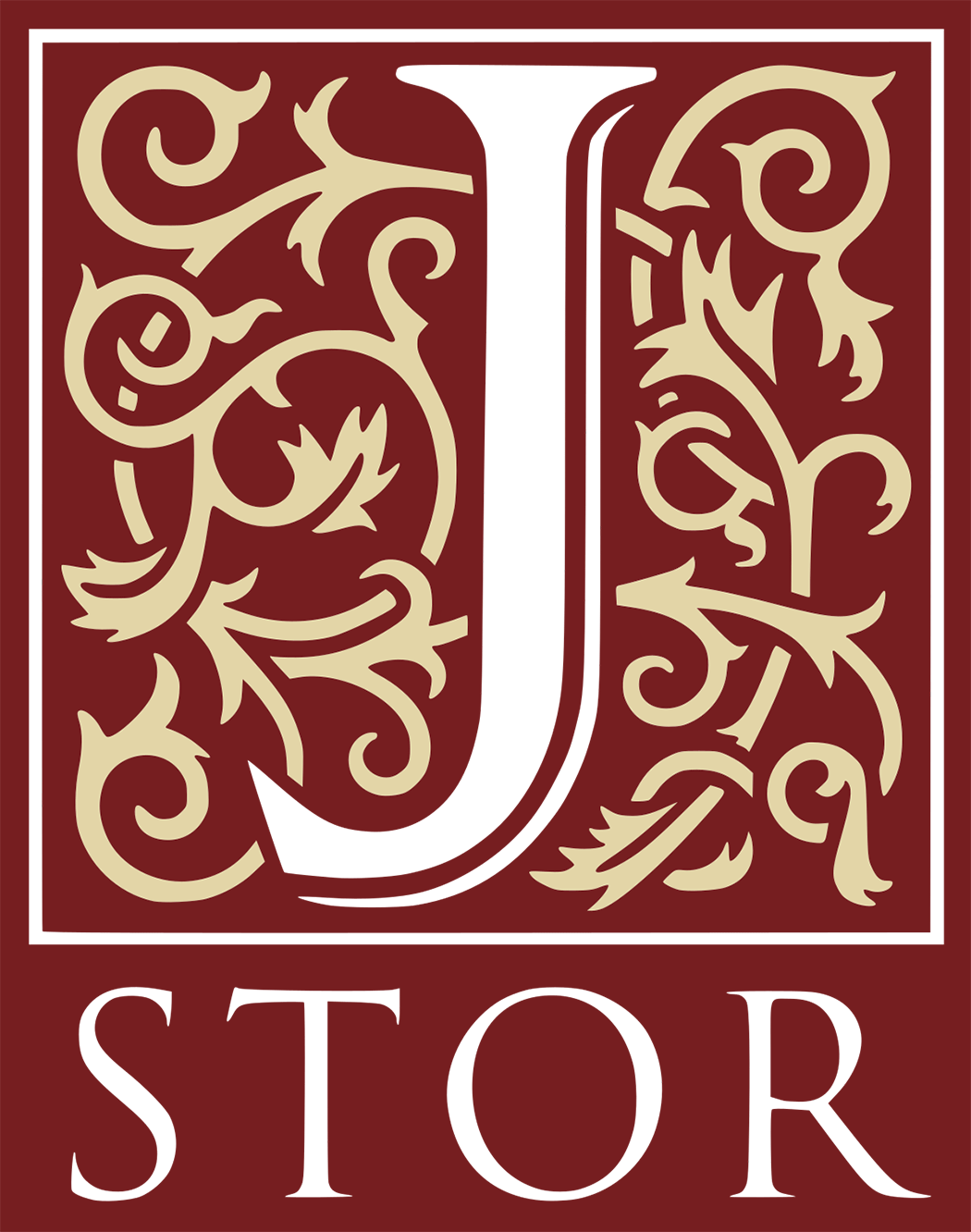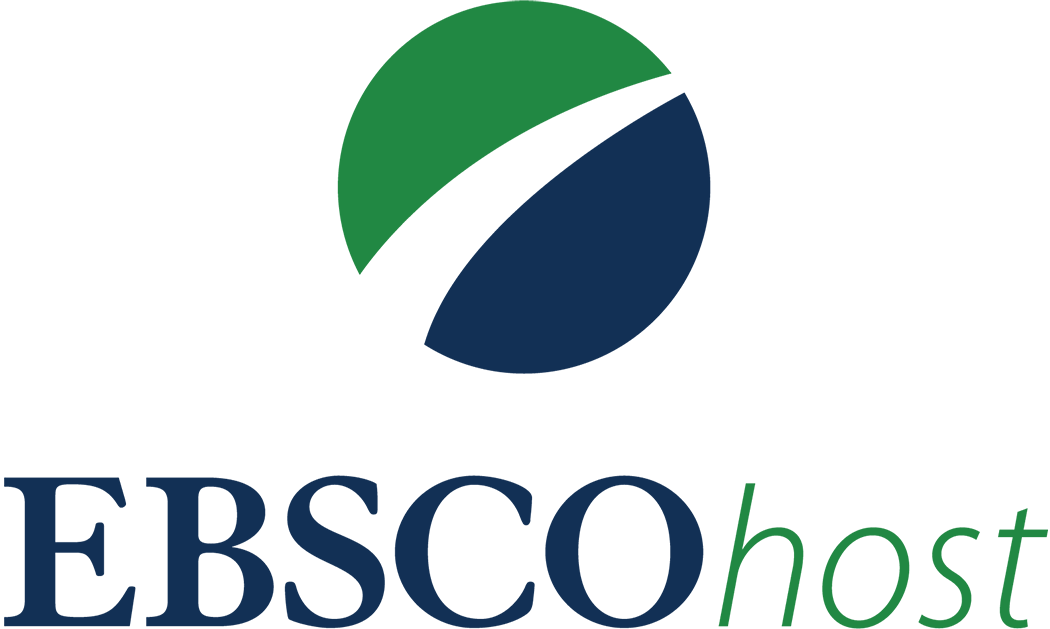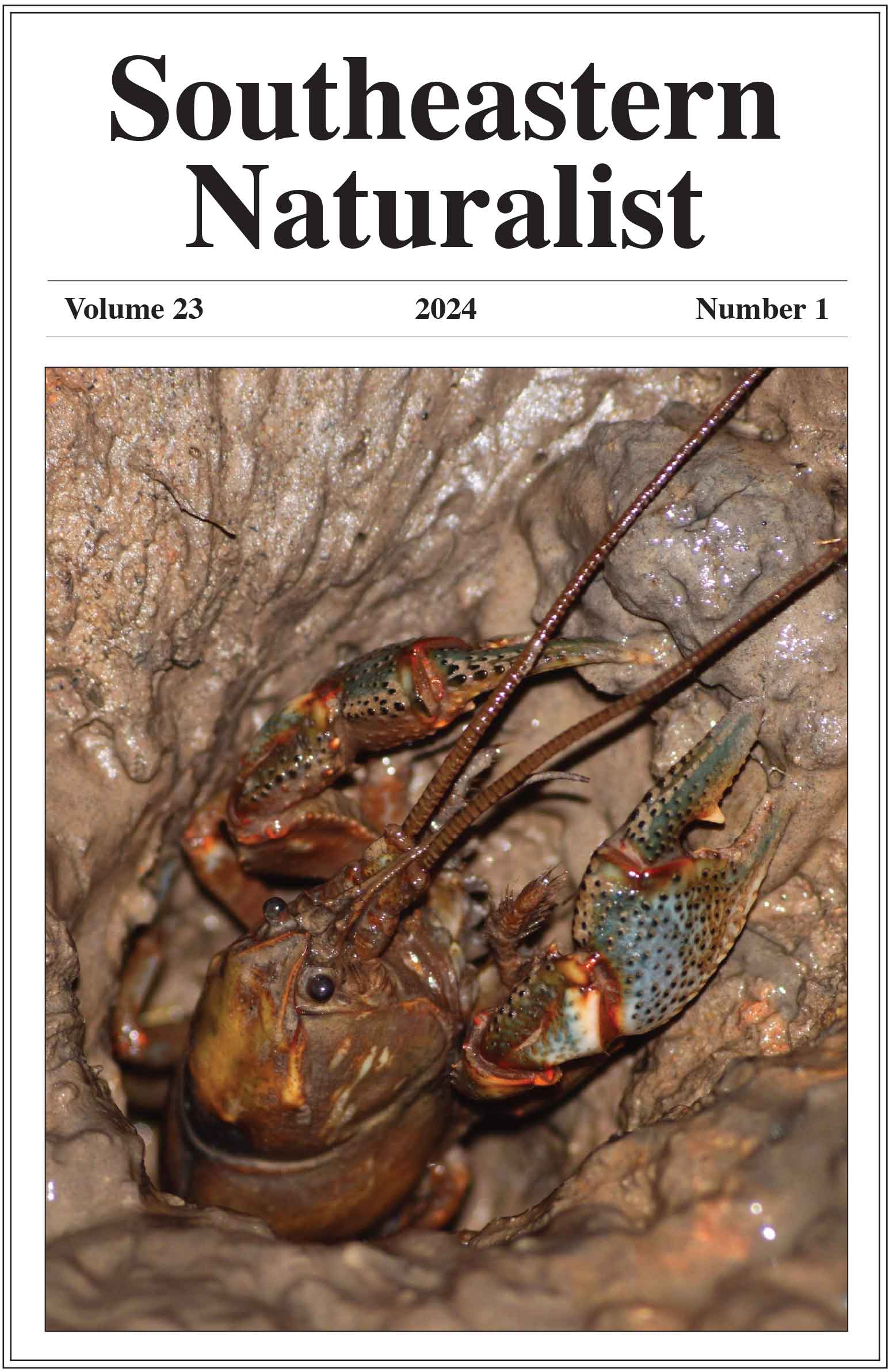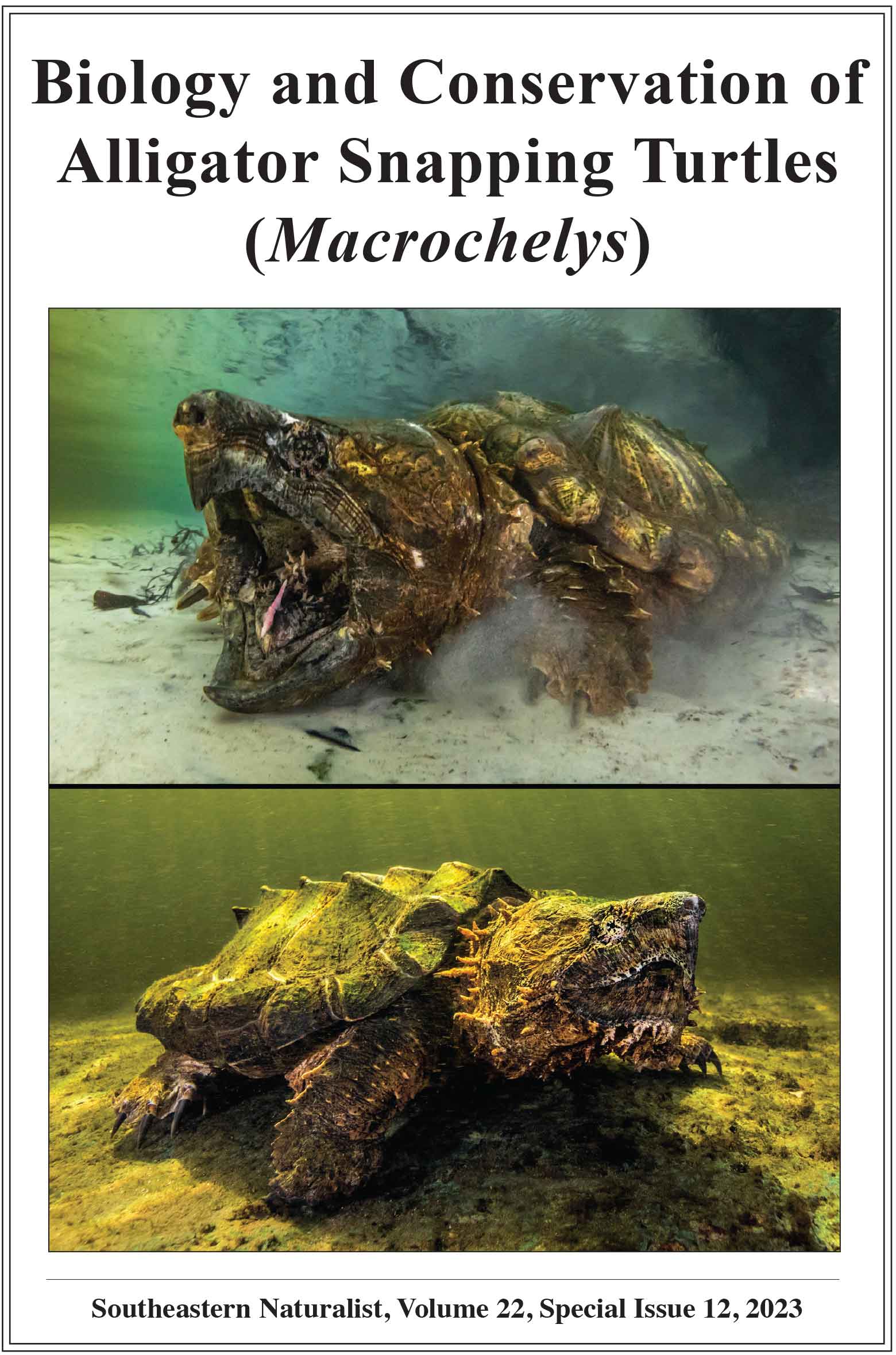Apparent Resilience to Fire of Native Bee (Hymenoptera: Apoidea) Communities from Upland Longleaf Pine Forests in Louisiana and Mississippi
Sara A. Simmons1,2 and Janice L. Bossart1,*
1Department of Biological Sciences, Southeastern Louisiana University, Hammond, LA 70403.2Current address - Department of Biological Sciences, Old Dominion University, Norfolk, VA 23529. *Corresponding author.
Southeastern Naturalist, Volume 19, Issue 3 (2020): 567–581
Abstract
Controlled burning is an essential tool for restoration and management of Pinus palustris (Longleaf Pine) habitats, yet effects of controlled burning on insect species, including pollinators, are rarely considered in conservation planning. We used blue vane traps to sample native bees (Hymenoptera: Apoidea) at recently burned and unburned sites in 2 Longleaf Pine upland forests in Mississippi and Louisiana. Our objective was to quantify short-term effects of controlled burns given fire-return intervals of 1–2 years are now regularly employed to manage Longleaf Pine woodlands. We sampled during 2016 and 2017 and collected 1777 native bees, representing 43 species. Recent fire was found to have no clear effect on species composition, richness, or community structure. Overall, bee communities from burned and unburned sites were similar. Even the community collected from a site that had remained unburned for 8 years was only marginally different from the others. These results suggest that native bee communities may be resilient to low intensity burns.
![]() Download Full-text pdf (Accessible only to subscribers. To subscribe click here.)
Download Full-text pdf (Accessible only to subscribers. To subscribe click here.)
Access Journal Content
Open access browsing of table of contents and abstract pages. Full text pdfs available for download for subscribers.
Issue-in-Progress: Vol. 23 (2) ... early view
Check out SENA's latest Special Issue:












 The Southeastern Naturalist is a peer-reviewed journal that covers all aspects of natural history within the southeastern United States. We welcome research articles, summary review papers, and observational notes.
The Southeastern Naturalist is a peer-reviewed journal that covers all aspects of natural history within the southeastern United States. We welcome research articles, summary review papers, and observational notes.